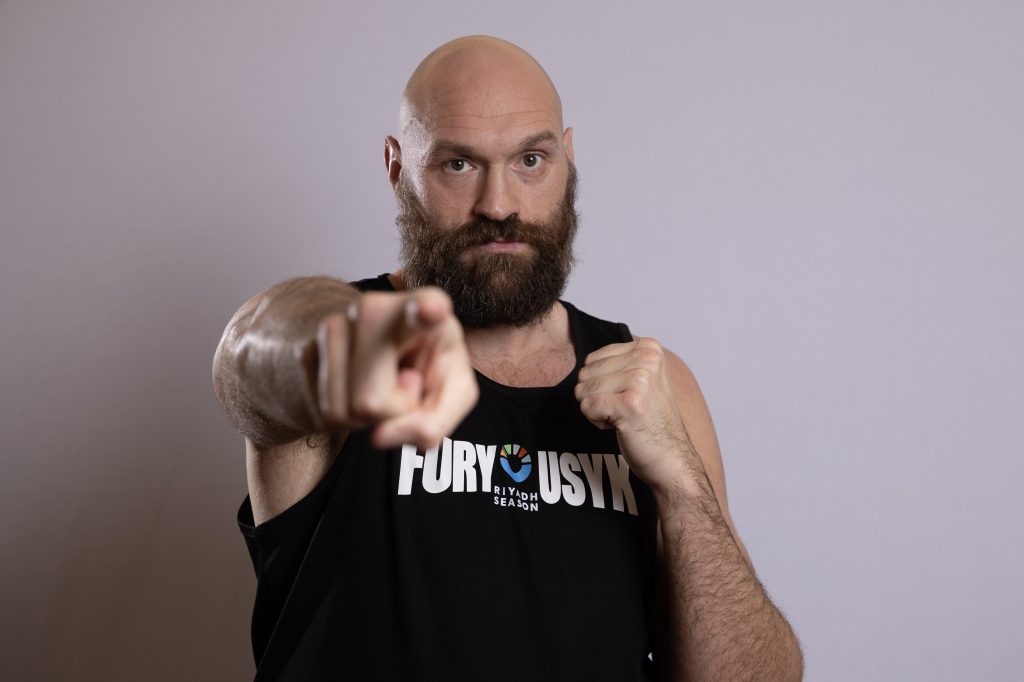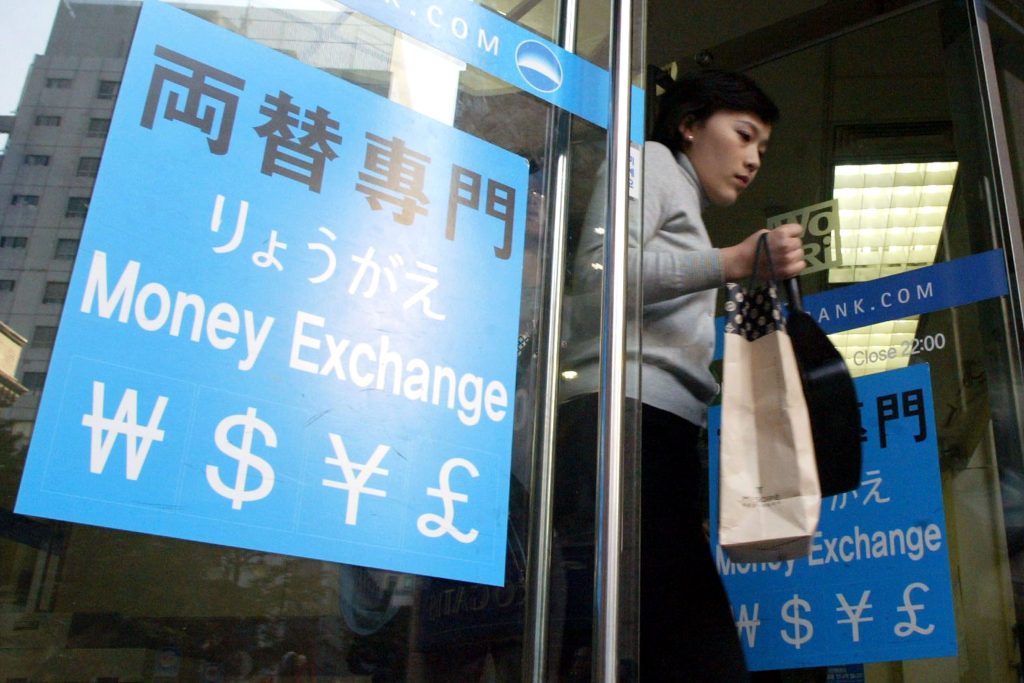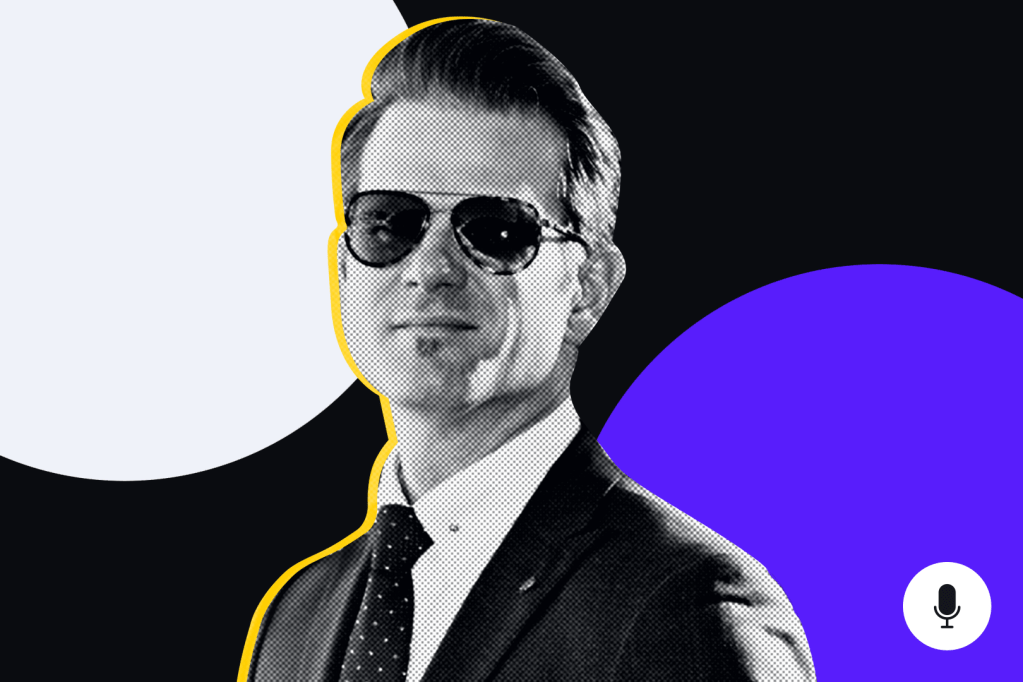We spoke to Howard Fischer, recognized as a leading expert on securities disputes, enforcement proceedings, and securities regulations, including those related to digital assets. He is currently a partner in the litigation and white collar departments of Moses & Singer LLP where, among other things, he represents targets of
Howard
Register for free to keep reading
To continue reading this article and unlock full access to GRIP, register now. You’ll enjoy free access to all content until our subscription service launches in early 2026.
- Unlimited access to industry insights
- Stay on top of key rules and regulatory changes with our Rules Navigator
- Ad-free experience with no distractions
- Regular podcasts from trusted external experts
- Fresh compliance and regulatory content every day

















